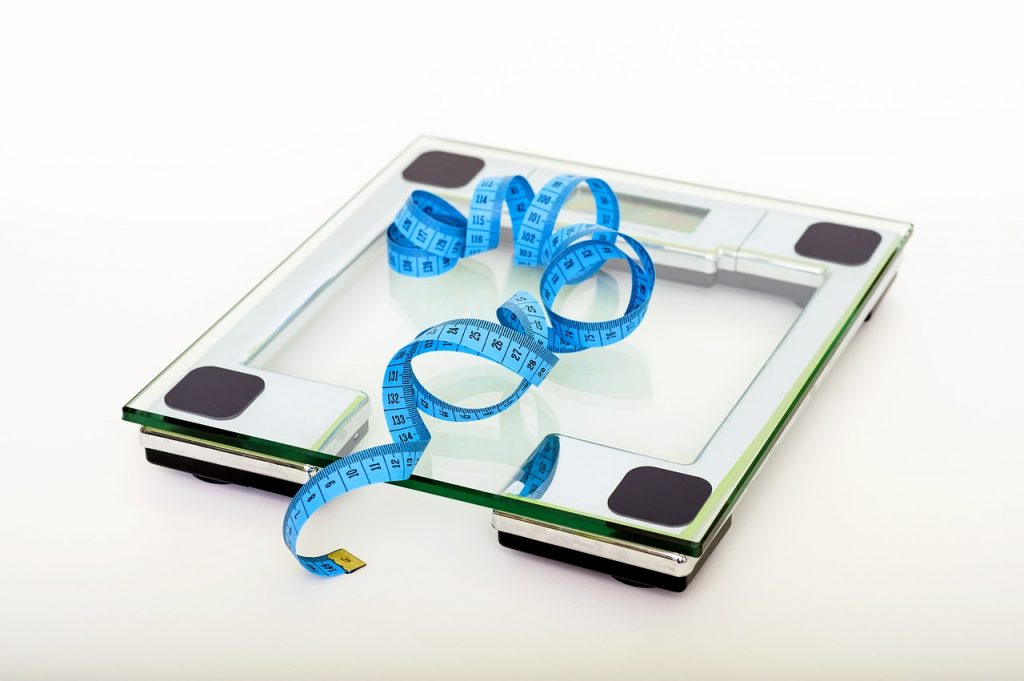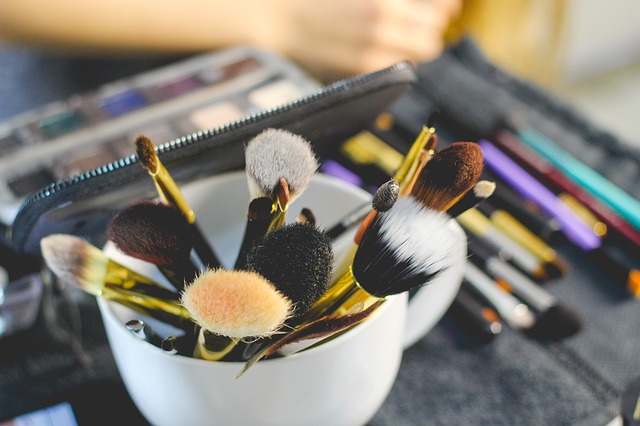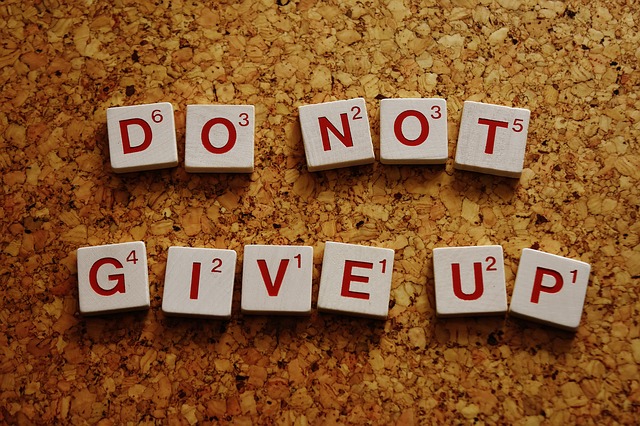Allergies can make you fat. Read how and what to do about it, so you can turn off food cravings and gain more control of what and when you eat.
One of the curious facts about people with food allergies is that they often appear to be addicted to the food that is causing their problem:
“How can that be doing me harm? I feel better when I eat it. “
The food they crave may give them irritable bowel syndrome, eczema or asthma. It may even contribute to bingeing and an inability to control food intake. Food allergies can make it difficult for you to stick to a diet. They can lead you to feel hungry most of the time. You may find yourself waking tired and with a headache, craving something to make you feel better.
Craving particular foods can be a sign of a need for a nutrient that is in the food that you crave. A deficiency of potassium may result in you craving avocadoes and bananas. A shortage of zinc may lead you to relish sunflower seeds and oysters. When there was lead in petrol, I found that a lot of clients who had a problem with lead loved apples. These are an excellent source of pectin, which helps to remove lead from the body. You may know little about nutrition, but instinctively your body is trying to do the right thing.
So far so good. the situation is often different with allergic reactions.
The body often seems to be doing the opposite. Wthout realising the connection, you crave the foods that give you distressing symptoms. Your experience of eating these foods is that they make you feel better. The reason for this seems to be that eating the food turns off the craving. But why would you be addicted to foods that harm you?
The key to understanding this may be down to endorphins. These are chemicals produced by the body that inhibit pain. They are at least partially responsible for the “runner’s high”. Seriously injured soldiers will often continue fighting without feeling any pain.
I once had a car accident and my knee was open to the bone. When I got to the hospital, the doctor asked me if I could move my leg. Of course, I could! I was completely unaware of any pain thanks to endorphins.
Endorphins are the body’s own morphine. The term “endorphin” comes from from “endogenous morphine”, which means morphine produced within the body.
Although it is not totally clear why you may become addicted to your allergen, endorphins and food particles that mimic endorphins are likely to be involved. Several studies have shown that endorphin production increases during allergic reactions.
In addition, protein fragments called exorphins may be formed when food is broken down. These were first named and described in 1979 by Zioudro, Streaty and Klee. These can act like endorphins in the body.
If you are an allergy sufferer your body may become adapted to that higher level of endorphin activity. It starts to crave the allergen so it can maintain the endorphin levels.
The allergy-addiction link may also throw light on why you find it impossible to stick to a diet. You have irresistible cravings that you feel unable to control.
There are two possible scenarios. You could be allergic to some high calorie food such as chocolate or crisps. This makes it extremely difficult to moderate your consumption because you are addicted to it. You follow your diet but the urge to eat the allergen becomes greater and greater until you can resist it no longer – like a drug addict you are reaching for your fix. You stuff the food down, almost without tasting it. You want to turn off the craving as quickly as possible. As calm returns you realise just how much you have eaten and feel depressed and guilty. This can then lead to another round of eating. You feel that you have broken your diet, so you may as well continue eating.
The other possibility is that you experience cravings, but do not connect the withdrawal symptoms with a particular food. In this case, as you start to feel “hungry” you keep on eating different foods without feeling satisfied. You only stop when you consume the addictive allergen. Overall calorie consumption can be very high even if the allergen is to a low calorie food such as lettuce, because of all the other food that is eaten without satisfying the “hungry” feeling before you get to the lettuce.
Sarah was drinking 16 cans of cola a day – she felt she just had to drink it. She even had four crates of it in her garage so that she never ran out. A visit to a therapist showed she was allergic to the artificial sweetener used in it. Using health kinesiology, a complementary therapy that is excellent at finding and correcting allergies, he was able to turn off her allergy. Sarah said, “Since that day, I have not even looked longingly at a can, let alone miss it. I have not felt this good in years.”
If you have addictive allergies, you may wake with a ‘”hangover” even when you have not consumed alcohol the night before. During the day you eat the food and satisfy the craving. During the night withdrawal symptoms begin, and you wake up with a “hangover”. You will probably not feel well until you have consumed your addictive allergen. This temporarily turned off the craving. Some people will not make it through the night without having a snack of their allergen in the early hours to keep their withdrawal symptoms at bay.
Some years ago I had a funny example of the allergy-addiction phenomenon. I went to visit a friend, who had a cat. When I went into the kitchen I saw cat food scattered over quite an area around the cat’s food bowl. My friend explained that her cat was a very untidy eater, and she had not had time to clear it up before my visit. I knew that in general cats were tidy eaters. I wondered if the cat was desperately searching through its dinner for the particular food it craved. Using health kinesiology I established that the cat was allergic to chicken. I corrected the problem, and after that the cat became a tidy eater like all the other cats I know.
Finding and correcting addictive allergens can make is easier to follow a healthy diet and so lose weight. Thinking about what you crave may point you in the right direction. If you abstain from the addictive substance for long enough, the craving will pass. Recognising this can strengthen your will power. Without this understanding it is easy to feel that the craving will always be there. You aren’t fighting an impossible battle. You have to remind yourself that you are initially experiencing withdrawal symptoms. If you were giving up smoking, it’s hard to begin with and then gets easier.
Fixing the allergies can be a more lasting solution. For this I recommend health kinesiology (also now known as Natural Bioenergetics). Based on the Chinese acupuncture system it offers excellent non-invasive methods of finding and correcting allergy problems. Achieving a healthy body weight is undoubtedly a complex problem for many people. Removing addictive allergens can be part of an overall strategy to achieve that goal.


